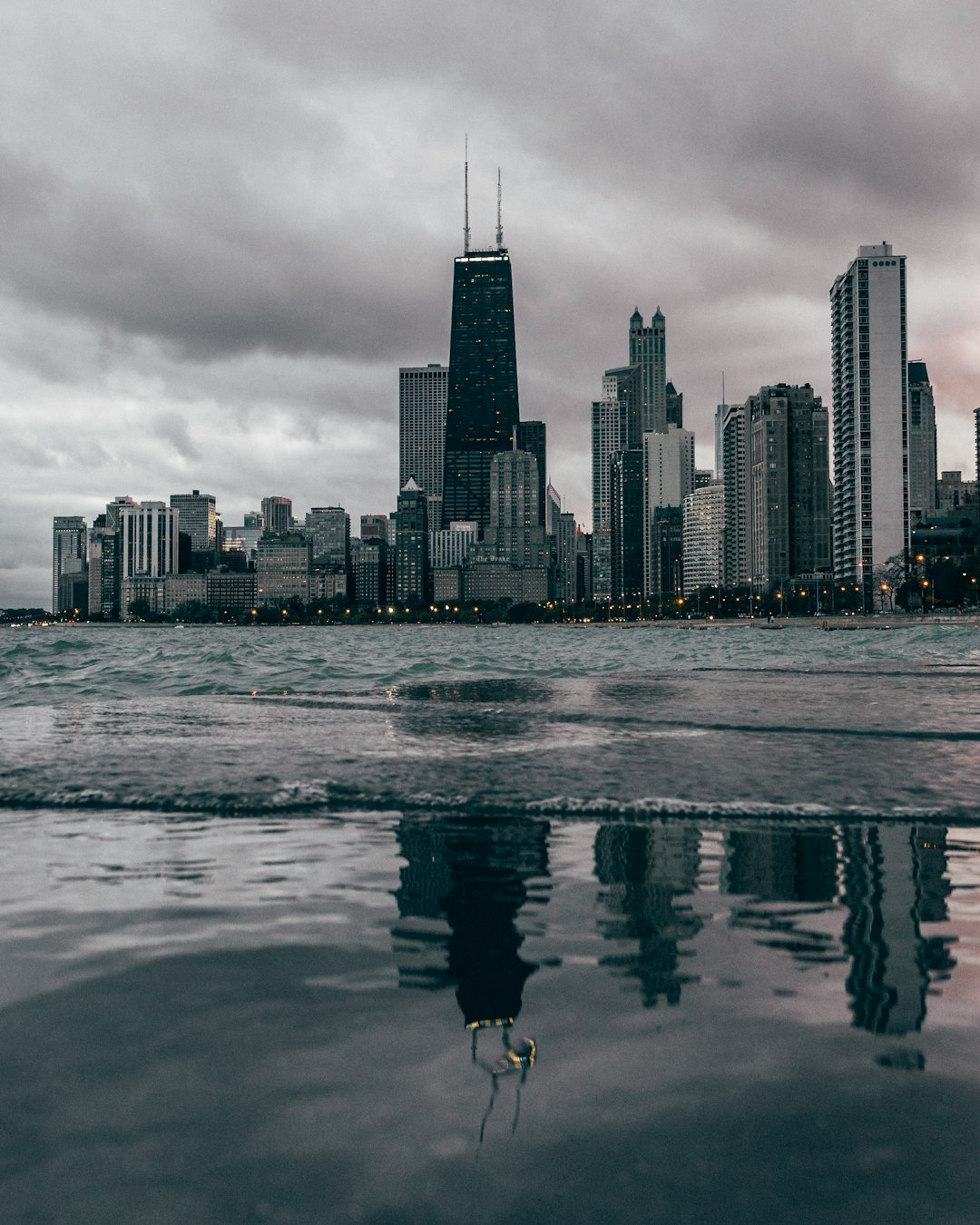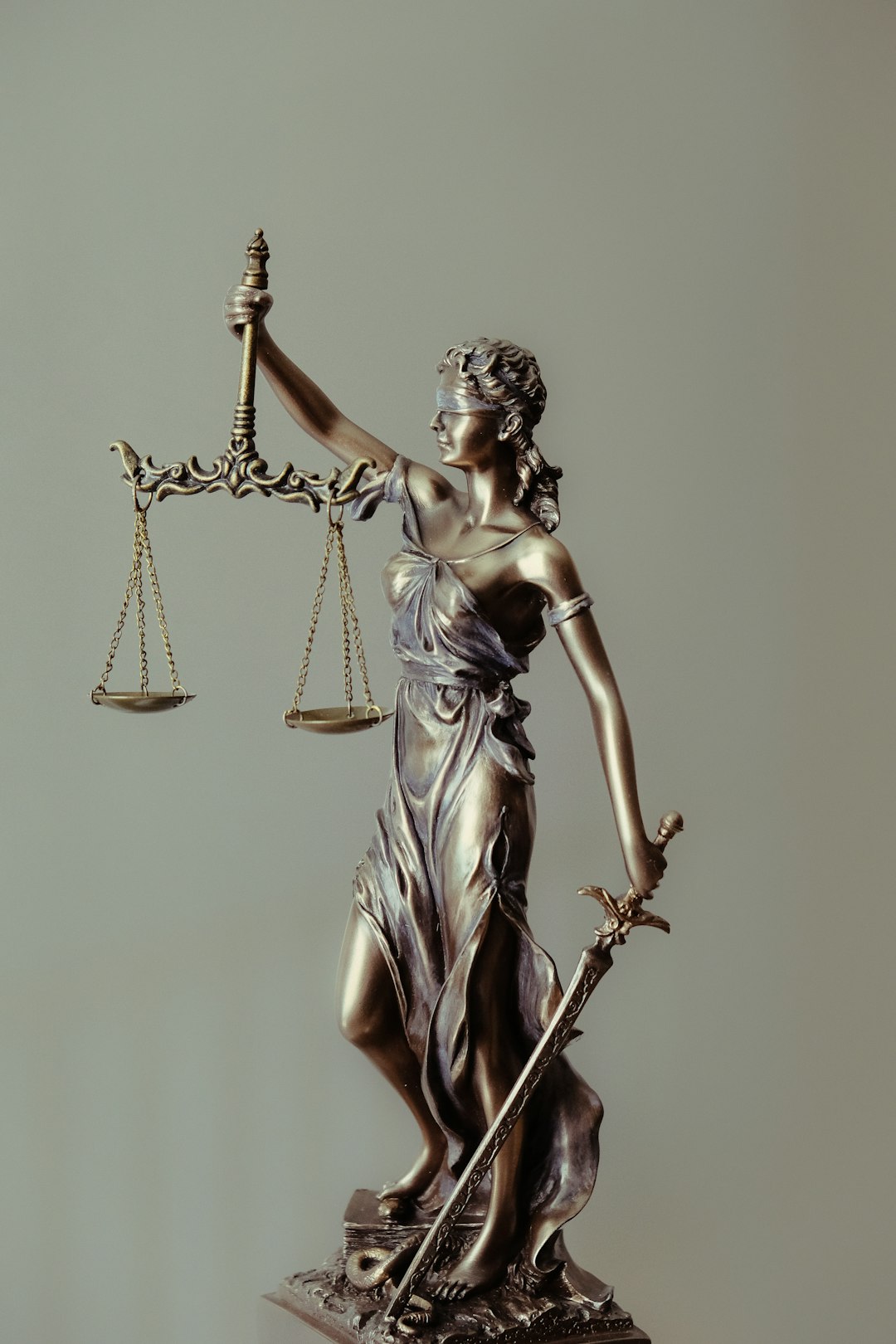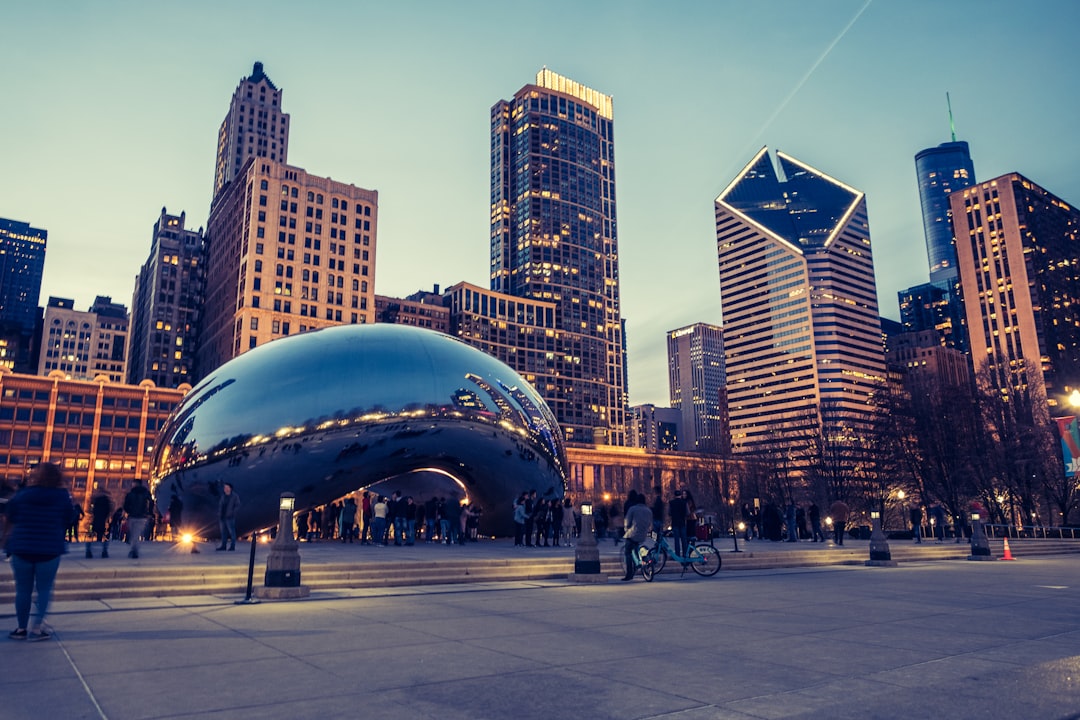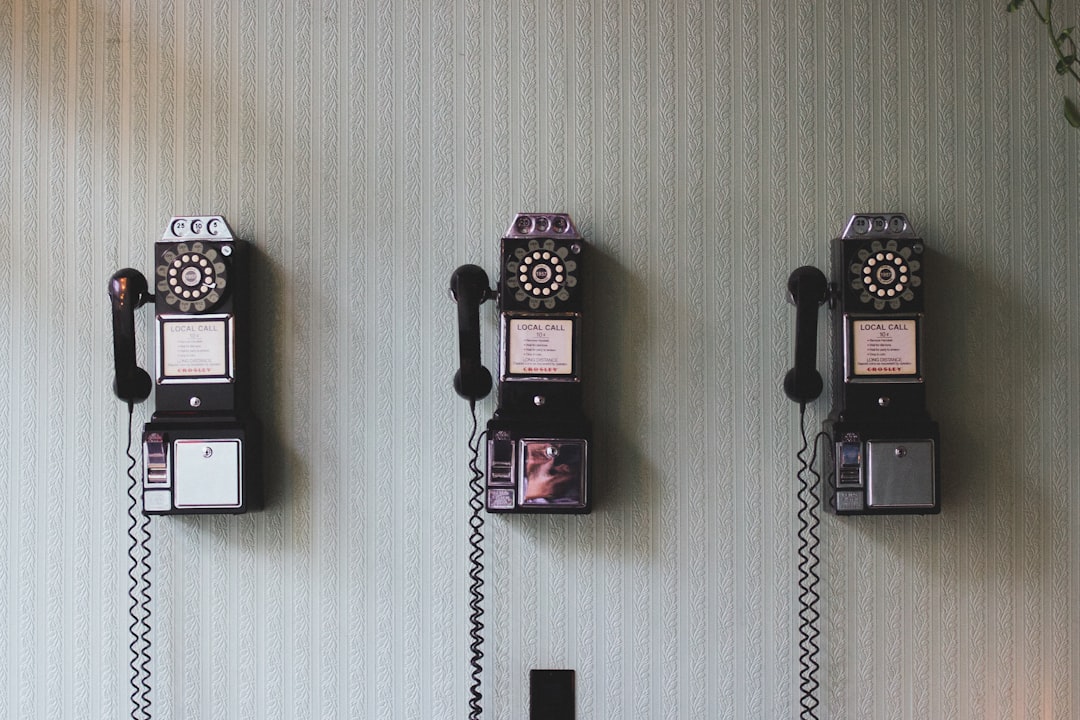Chicago's "No Call" law for law firms and the Illinois Communications Act protect residents from unwanted text message harassment, giving them control over their personal time. Victims should document all unsolicited messages, report them to authorities, and consider legal action through specialized attorneys in Chicago, avoiding direct contact with harassers and adhering to "Do Not Call" regulations.
In Chicago, text message harassment, particularly from persistent calls from law firms, is a growing concern. The city’s strict “Do Not Call” regulations aim to protect residents from unwanted solicitations. This article delves into Chicago’s robust legal framework, offering insights on how victims can safeguard their rights and navigate the protections afforded under these laws. We explore firm regulations, victim rights, and the enforcement mechanisms in place to combat text message harassment, ensuring a comprehensive understanding of Chicago’s Do Not Call law firms protections.
Understanding Chicago's No Call Law Firms Regulations
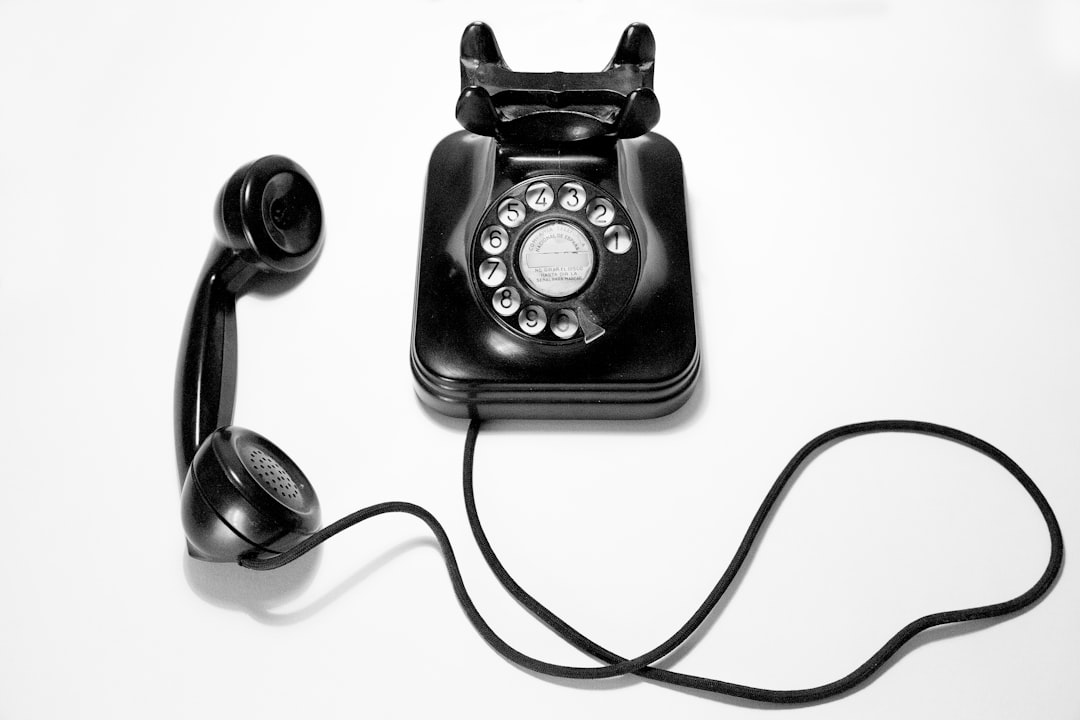
Chicago’s “No Call” law regarding law firms is designed to protect residents from unwanted telephone solicitations, particularly from attorneys or legal services seeking new clients. This regulation is a significant aspect of consumer protection, aiming to prevent harassment and intrusion on personal time. The law stipulates that law firms must obtain explicit consent before initiating phone calls to potential clients, effectively giving individuals more control over their communication preferences.
Under these regulations, “Do Not Call” lists are honored, ensuring that law firm telemarketers respect the wishes of those who have opted-out of receiving such calls. This means if you’ve registered your number on a state or national Do Not Call list, or expressed your preference to a law firm not to be contacted, they are legally bound to cease all telephone solicitation efforts.
Protections for Victims of Text Message Harassment

Victims of text message harassment in Chicago have specific legal protections available to them. These laws are designed to stop unwanted and aggressive communication, ensuring individuals can enjoy peace of mind and safety from persistent or abusive messages. The Illinois Communications Act provides a framework for addressing this issue, prohibiting the use of electronic communication devices to harass, threaten, or terrorize another person. This includes text messages sent with malicious intent or those that create a hostile environment.
If you’re experiencing harassment through text messages, it’s advisable not to engage with the sender and instead document the communications. Save all relevant messages as evidence, including timestamps and any identifying information. You can then report this evidence to local law enforcement or file a complaint with the Illinois Attorney General’s office, which has resources dedicated to addressing technology-related harassment. Additionally, consider reaching out to a legal professional specializing in cyber harassment, who can guide you through the specific Do Not Call laws and protections available in Chicago without the need for traditional law firms.
Enforcement and Legal Recourse

In Chicago, text message harassment is taken seriously, with strict laws in place to protect residents from unwanted and abusive communication. If you’ve been a victim of this type of harassment, it’s crucial to understand your rights and options for legal recourse. The first step is to document all instances of unsolicited messages, including the sender’s information and the dates and times of each incident. This evidence can be invaluable when pursuing legal action.
Enforcement of these laws typically involves local law enforcement agencies or the Attorney General’s Office. Victims can file a report with the police, who may investigate and take appropriate measures against the harasser. Legal recourse options include filing a civil lawsuit for damages, seeking an injunction to stop the harassment, or both. It’s advisable not to engage directly with the harasser but rather to seek assistance from legal professionals specializing in this area, without calling law firms Chicago, to ensure the best possible outcome.


